Subscribe to Baseball History Comes Alive for automatic updates (sign-up block found in right side-bar)
As a Free Bonus for subscribing, you’ll get instant access to my two Special Reports: Memorable World Series Moments and Gary’s Handy Dandy World Series Reference Guide!
Bucky Harris Photo Gallery
Click on any image below to see photos in full size and to start Photo Gallery:
Let’s Remember the “Boy Wonder,” Hall-of-Famer Bucky Harris
“If you can’t play for Bucky Harris, you don’t belong in the major leagues.” -Joe DiMaggio
Ninety-seven years ago this week, February 10, 1924, Washington Senators’ owner Clark Griffith selected his scrappy little second baseman, Bucky Harris, to become the Senators’ new player-manager. He was replacing Donnie Bush, who had led the 1923 club to a disappointing fourth-place finish, a distant 23.5 games behind the Yankees.
Washington’s Glory Years
Griffith had expected more from a club that included stars Ossie Bluege, Goose Goslin, Sam Rice, Joe Judge, and Walter Johnson. He liked what he saw in his 5’ 9” 156-pound second baseman, Bucky Harris, a tough competitor who wouldn’t back down, even to the ferocious superstar Ty Cobb when he came in spikes-high to second base. Griffith was gambling that Harris would add the spark needed to get the team over the top. It turned out to be a good bet.
With the appointment as the Senators’ skipper, the 27-year-old Harris became the youngest manager in major league history and soon became known as baseball’s “Boy Wonder.” In his first year at the helm, he led the Senators to a championship over John McGraw’s Giants in the classic 1924 World Series, in which the decisive seventh game has been memorialized in baseball lore as the “Freddie Lindstrom pebbles game.”
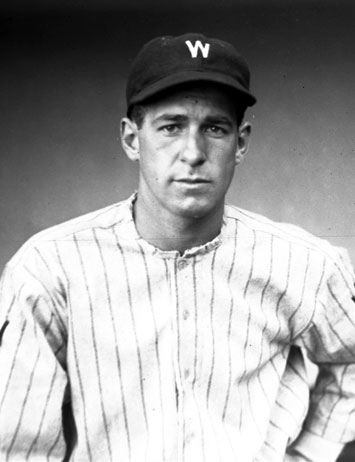
Harris was one of the stars of the World Series, hitting .333 with two home runs and seven RBIs. The next year, 1925, saw Harris and the Senators winning another pennant; but they fell short against the Pirates in the Fall Classic. These were the glory years for the franchise; and, except for a pennant in 1933 under Griffith’s son-in-law, Joe Cronin, the city of Washington would not reach the postseason again until a World Series championship in 2019 [Yes, I know the franchise moved to Minnesota to become the Twins and won a pennant in 1965 and World Series championships in 1987 and 1991].
Bucky Harris’s Career
A native of Port Jervis, New York, Stanley Raymond “Bucky” Harris spent over 50 years in the game as a player, manager, scout, and executive. He played 12 seasons (1919-29, 193131) with the Senators (1919-28) and the Tigers (1929, 1931). Over his career, he hit .274 with 1297 hits, 508 RBIs, nine home runs, 224 doubles, 64 triples, 167 stolen bases, and a .352 on-base percentage. His best season was 1920 when he hit .300 with 68 RBIs and .377 OBP.
If he was a marginal player, it was as a manager where Bucky Harris left his mark. His managerial career spanned 29 years over 4,420 games with the Senators (1924-28), Tigers (1929-33), Red Sox (1934), Senators (1935-42), Phillies (1943), Yankees (1947-48), Senators (1950-54), and Tigers (1955-56).
Another Great Year, 1947
In addition to his two pennants in Washington, he led the Yankees to the 1947 pennant and World Series championship. The tumultuous 1946 season in New York saw mercurial Yankee president Larry MacPhail employ three managers – Joe McCarthy, Bill Dickey and Johnny Neun – and finish third, 17 games behind the Red Sox. At the close of the season, MacPhail named Harris as the 1947 manager. He led them to his third American League pennant and his second World Series championship. Behind Most Valuable Player Joe DiMaggio and pitcher Allie Reynolds, the 1947 Yanks won 97 games, finishing 12 games ahead of the Tigers. They defeated the Jackie Robinson-led Brooklyn Dodgers in a thrilling, seven-game Fall Classic.
Bucky Harris once summed up his managing philosophy succinctly, saying, “There are only two things a manager needs to know: When to change pitchers and how to get along with your players.” I’d say that’s sage advice, as his 2,158 wins currently rank seventh all-time.
After his managing career ended, he served as a scout for the White Sox and as a special assistant for the expansion Washington Senators. He was elected to the Hall of Fame in 1975. In 1977, baseball lifer Bucky Harris passed away on his birthday, November 8, aged 81, in Bethesda, Maryland.
Gary Livacari
Check out my latest book, recently nominated for the SABR 2020 Lawrence Ritter award: Reflections On the 1919 Black Sox: Time to Take Another Look now available on Amazon in e-book and paperback. All profits go to the Illinois Veterans Foundation
Add your name to the petition to help get Gil Hodges elected to the Hall of Fame (with voting now postponed until December 2021): https://wp.me/P7a04E-57h
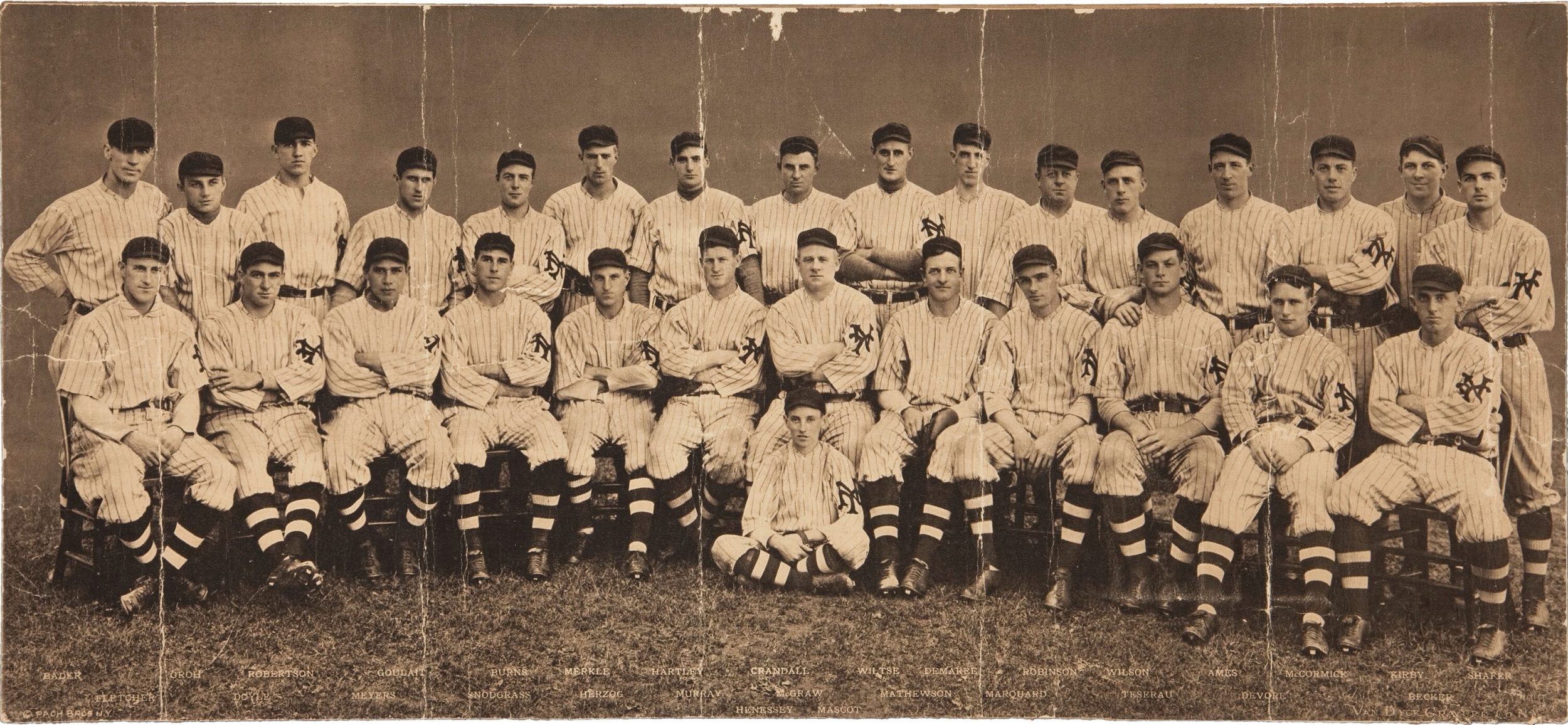
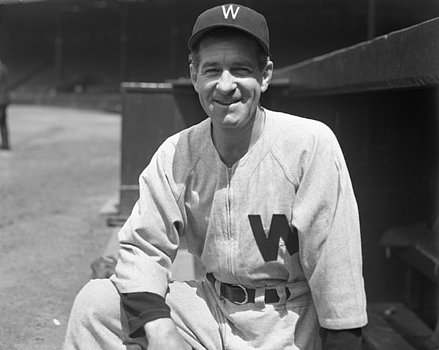
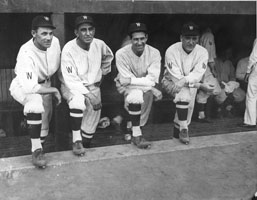
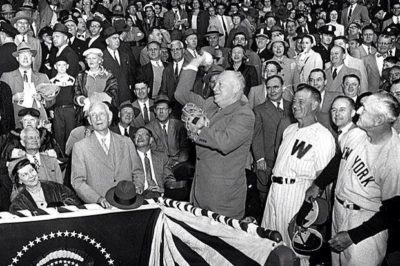
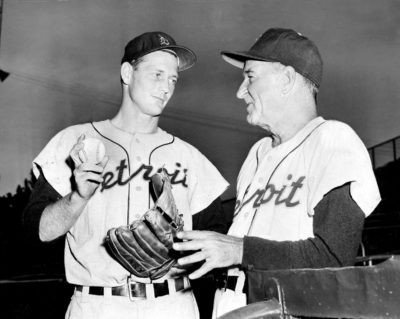
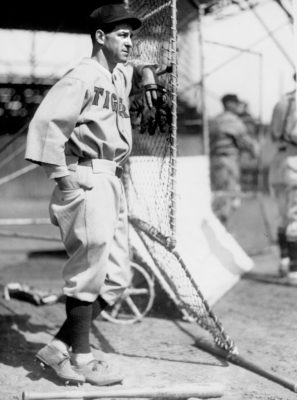
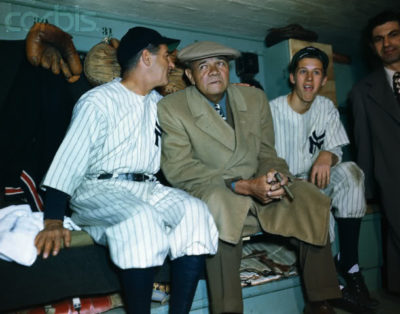
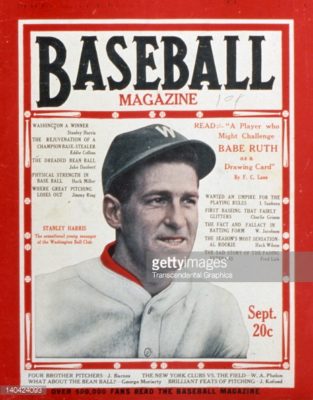
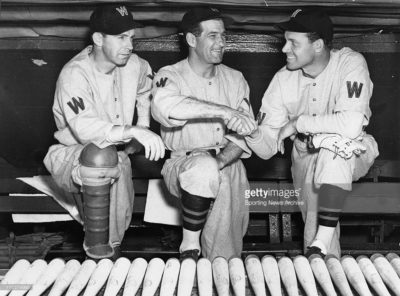
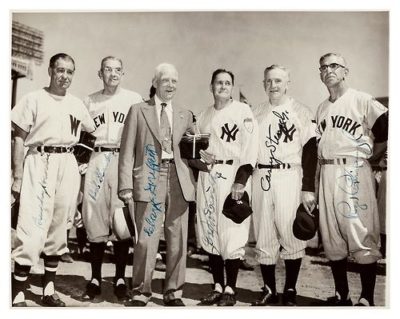
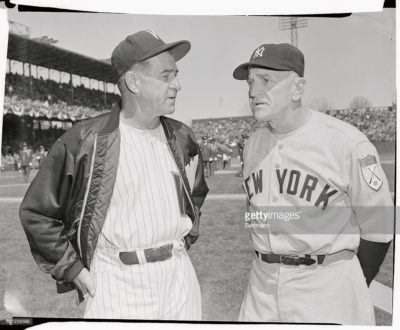
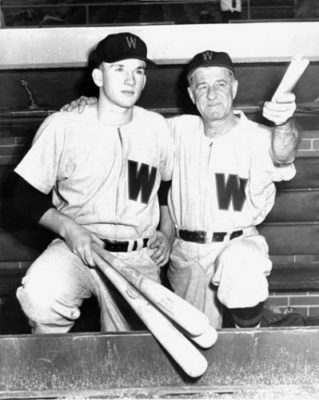
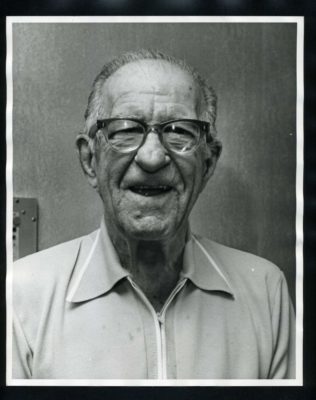
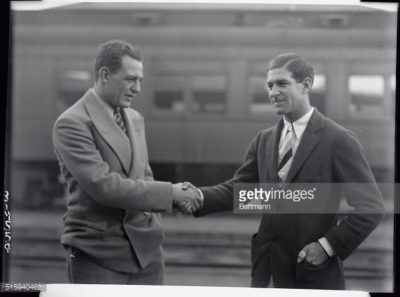
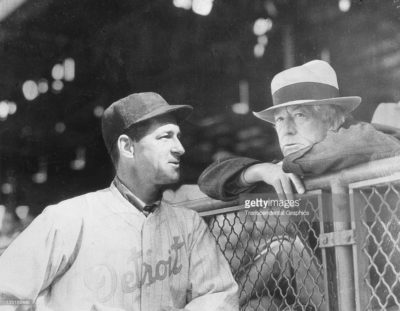
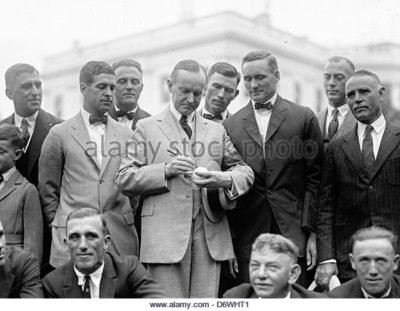
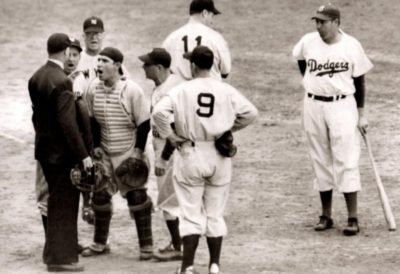
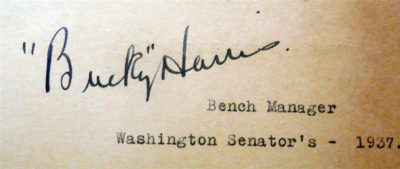
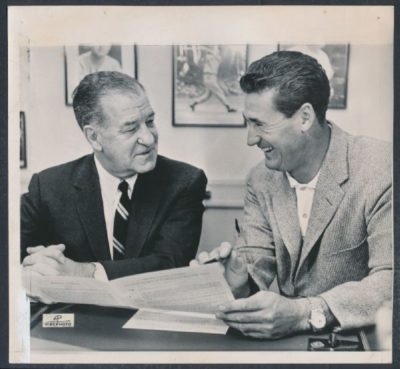
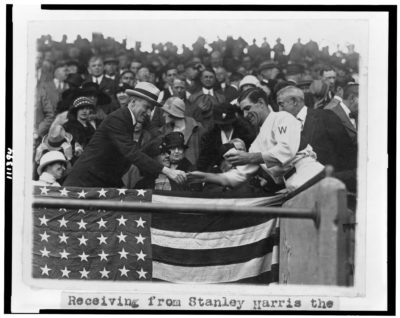
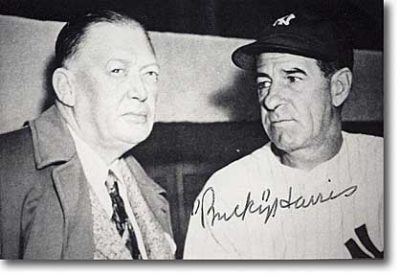
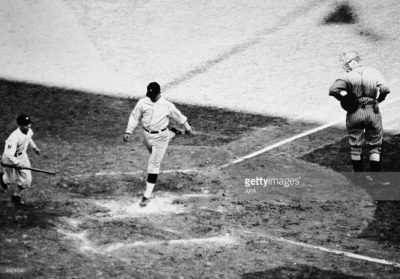
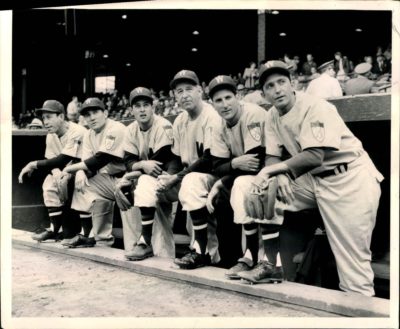
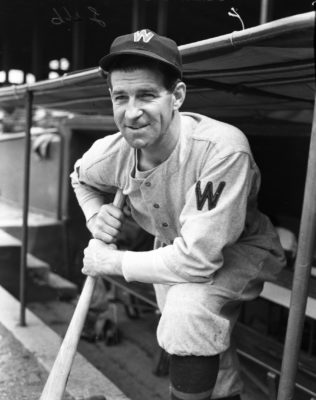
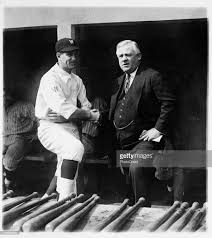
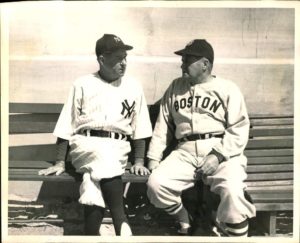

Harris’ tenure with the Phillies was short tenured and he and owner William Cox was strained.
Cox was forced to sell the franchise for betting on games on his own team . Harris provided the shocking testimony to Commisioner Landis after he got fired by Cox.
One of the not well publicized stories about Harris.
Thanks Paul, didn’t know that. Very interesting.